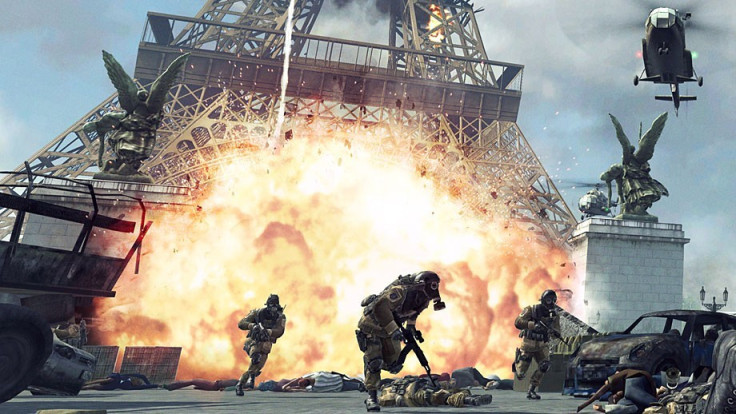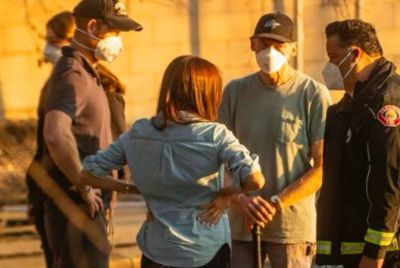British Army Recruits to Train with 'Call of Duty' Games

In an effort to provide virtual war simulated training to new recruits, the Ministry of Defense has proposed the development of war games along the lines of popular commercial versions like Modern Warfare 3 and Battlefield 3.
The British Military is expected to benefit from the cheap production costs of war games compared to actual weapons training with aircraft, tanks and explosive rounds.
The soldiers are reportedly used to playing console versions of high-quality commercial games and would expect their training software include similar realism with high-end graphics to spur any interest. This has become an important matter of concern at the MoD, as it strives hard to acquire more digital solutions to prepare its soldiers for real-time war scenarios.
Taking a leaf out of thousands of soldiers trained for Afghanistan War with simulated war games, the British generals plan to fund in the development of more war games like BattleSpace 2 in the near future. Modern day FPS bestsellers such as Battlefield 3, Killzone 3 and Call of Duty series have been the major inspiration for the latest developments within the MoD's Defence Science and Technology Laboratory in Portsdown, Hampshire.
Taking a cue from the vastly advanced modern combat techniques depicted on the contemporary First Person Shooters, Andrew Poulter, technical team leader at MoD, intends to reproduce those skills in the training course.
Further reaffirming the importance of FPS war games in military training, reports disclose his leadership commitment in Project Kite (Knowledge information test environment). The project intends to place simulation training at the forefront by procuring new simulation technology from the big game companies.
The stage is set for Poulter and his nine member team to evaluate new combat and weapons techniques, so that the virtual warfare emulates the real-world situation. The weapons and vehicles used in the game are expected to perform as per merit, offering the true recoil and bullet drop distance as would be in a real-world war scenario. "Realism is more important than entertainment. Levels of immersion are very important," states Poulter.
The main motto of the simulated training course is to make the soldiers think about their strengths and weaknesses while spending those extra 10 minutes rehearsing on underdeveloped skills.
Revealing one of the commander's experiences during Afghanistan's war scenario, two recruits had reportedly benefited from the simulated training and could save their own lives when under heavy fire across the enemy lines.
© Copyright IBTimes 2024. All rights reserved.























